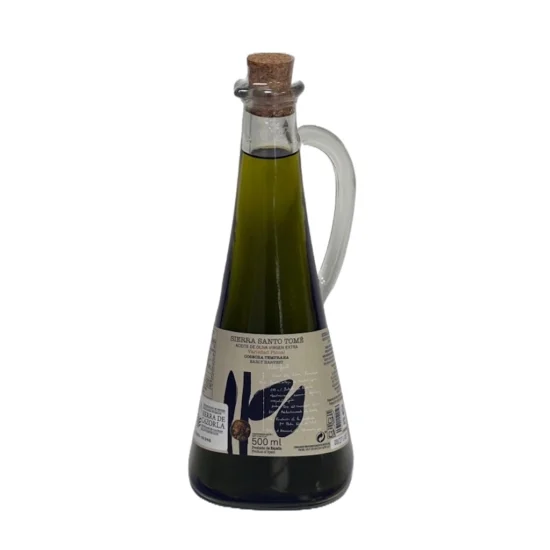
In a world where sustainability has become a priority, the “”olive oil and sustainability”” sector demonstrates exemplary commitment. While large US corporations reduce their efforts in the fight against climate change, olive oil producers and bottlers continue to move toward more sustainable practices.
The recent decision by some US multinationals to minimize their climate commitments stands in stark contrast to the stance of the olive oil sector. Companies like California Olive Ranch and Pompeian maintain their sustainability goals, demonstrating that it is possible to combine the production of high-quality olive oil with environmental stewardship.
California Olive Ranch (COR), the largest olive oil producer in the U.S., has adopted regenerative agriculture as a pillar of its sustainability strategy. This practice, which seeks to restore soil health and increase biodiversity, allows COR to reduce its dependence on synthetic fertilizers and plant protection products.
Pompeian, another player important in the sector, has obtained the Carbon Trust certification, which verifies its commitment to reducing carbon emissions. The company strives to communicate its sustainability credentials transparently, demonstrating that environmental responsibility is a core value.
Adopting sustainable practices in olive oil production brings multiple benefits:
Despite progress, the “”olive oil and sustainability”” sector faces significant challenges, such as the electrification of agricultural machinery and the transition to renewable energy. However, these challenges also represent opportunities for innovation and the development of new technologies.
The olive oil sector’s commitment to sustainability is an inspiring example for other industries. Adopting responsible practices not only benefits the environment but also ensures the long-term viability of producing high-quality olive oil.
By choosing “”olive oil and sustainability,”” consumers contribute to environmental protection and support a sector committed to a greener future.
And if you’re concerned about the health of our planet, you’ll also be interested in: Where to dispose of used oil?
Important Note: aceitedelcampo.com promotes the consumption of extra virgin olive oil for its culinary qualities and health benefits. However, no medication or current treatment should be replaced without the guidance of a healthcare professional.




ALZAYT EXPORT SL
info@aceitedelcampo.com
C/ Eduardo Bosca 19, 2-5
46023 Valencia
Subscribe and receive a coupon by email for your next purchase.